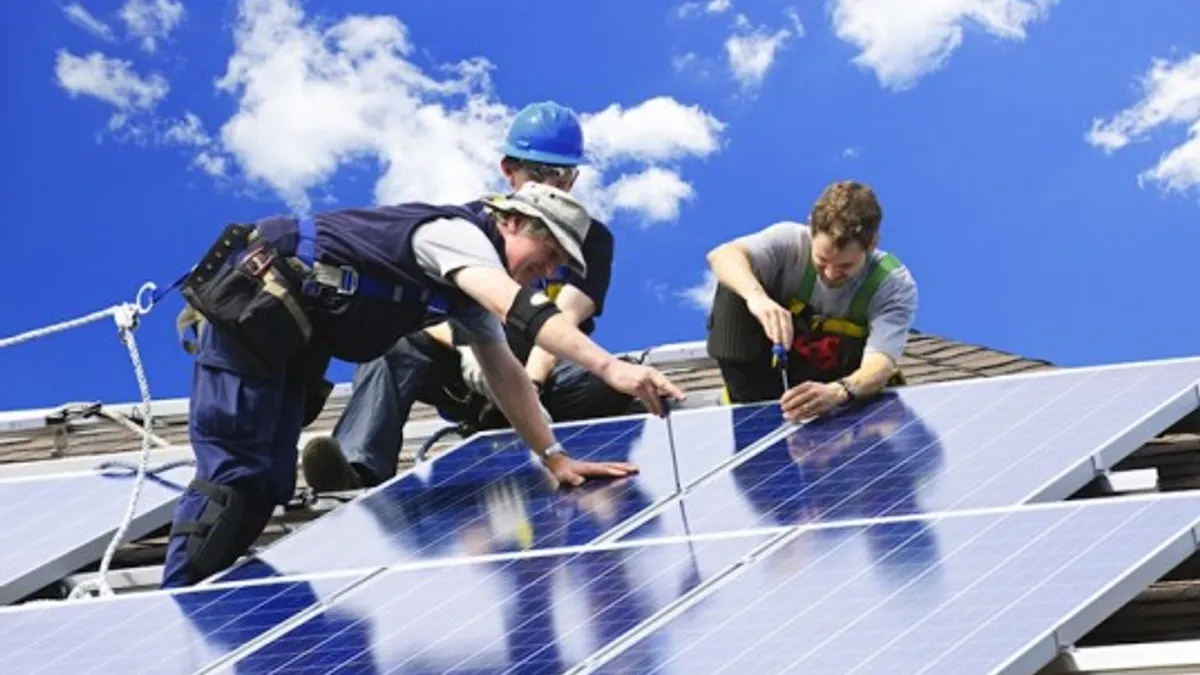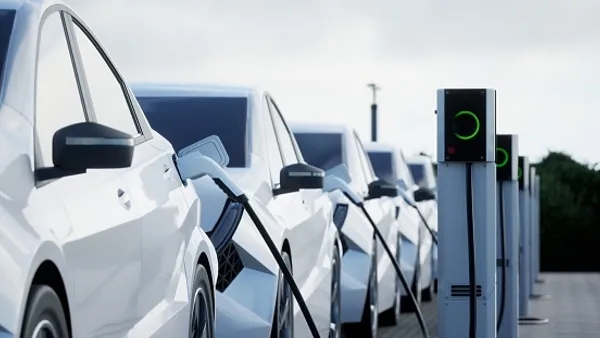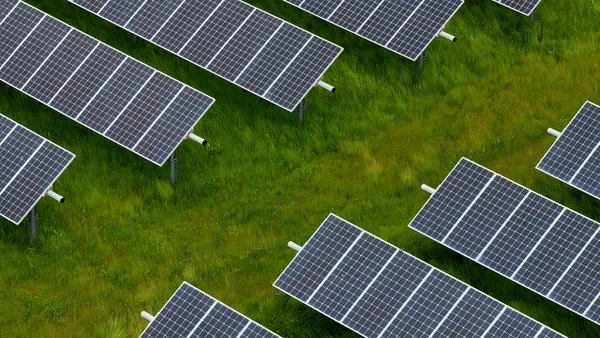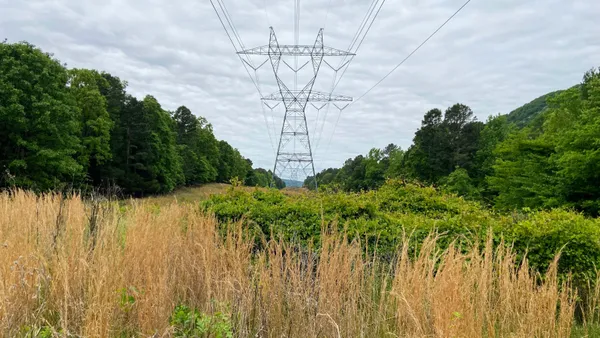Dive Brief:
- The Michigan Public Service Commission has begun a two-year process of implementing a host of new energy laws, including developing a new distributed resource tariff for rooftop solar customers.
- Michigan Gov. Rick Snyder (R) last year signed legislation to overhaul the state's energy sector and preserve retail net metering, which include tackling efficiency, demand response and increasing the state's renewable energy goal to 15% by 2021.
- Staff has indicated that a new distributed generation tariff would be a continuation of the state's net metering program until the completion of 2018 rate cases approving a new tariff. An initial order with more details is expected in May or June of this year.
Dive Insight:
It took about two years to pass legislation that brought a diverse group of Michigan energy stakeholders together, and Midwest Energy News reports the implementation period is expected to take another two years. The state's new energy law was developed through a bipartisan compromise led by Snyder, and also keeps Michigan's limited retail choice program alive.
Michigan officials developed a web site for tracking different issues the Public Service Commission is considering during the process, to make it easier for stakeholders to follow the process and have input.
Among those topics will be the development of new tariffs for distributed renewable projects no larger than 150 kW, generating up to 100% of a customer's annual use. The distributed generation program will apply to customers of Consumers Energy, DTE Electric, Upper Peninsula Power Co., and several other utilities in the state.
An order on the issue could be out in the next two months, staff said in a presentation. The rules will allow customers participating in a net metering programs approved before the new tariff to continue to receive service under the terms and conditions of that program for up to 10 years from the date of enrollment.
Projects 20 kW and below will qualify for traditional net metering rates, while bigger projects up to the limit of 150 kW, will utilize a modified rate. Renewable credits will be owned by the customer, application fees cannot exceed $50 and the customer will pay all interconnection costs.
Michigan's energy legislation was widely hailed last month, but solar panel owners and installers will closely watch the PSC proceeding over worries the new rates could increase system payback time and reduce interest in solar energy.
The state's new energy law was developed through a bipartisan compromise led by Snyder, and also keeps Michigan's limited retail choice program alive.















